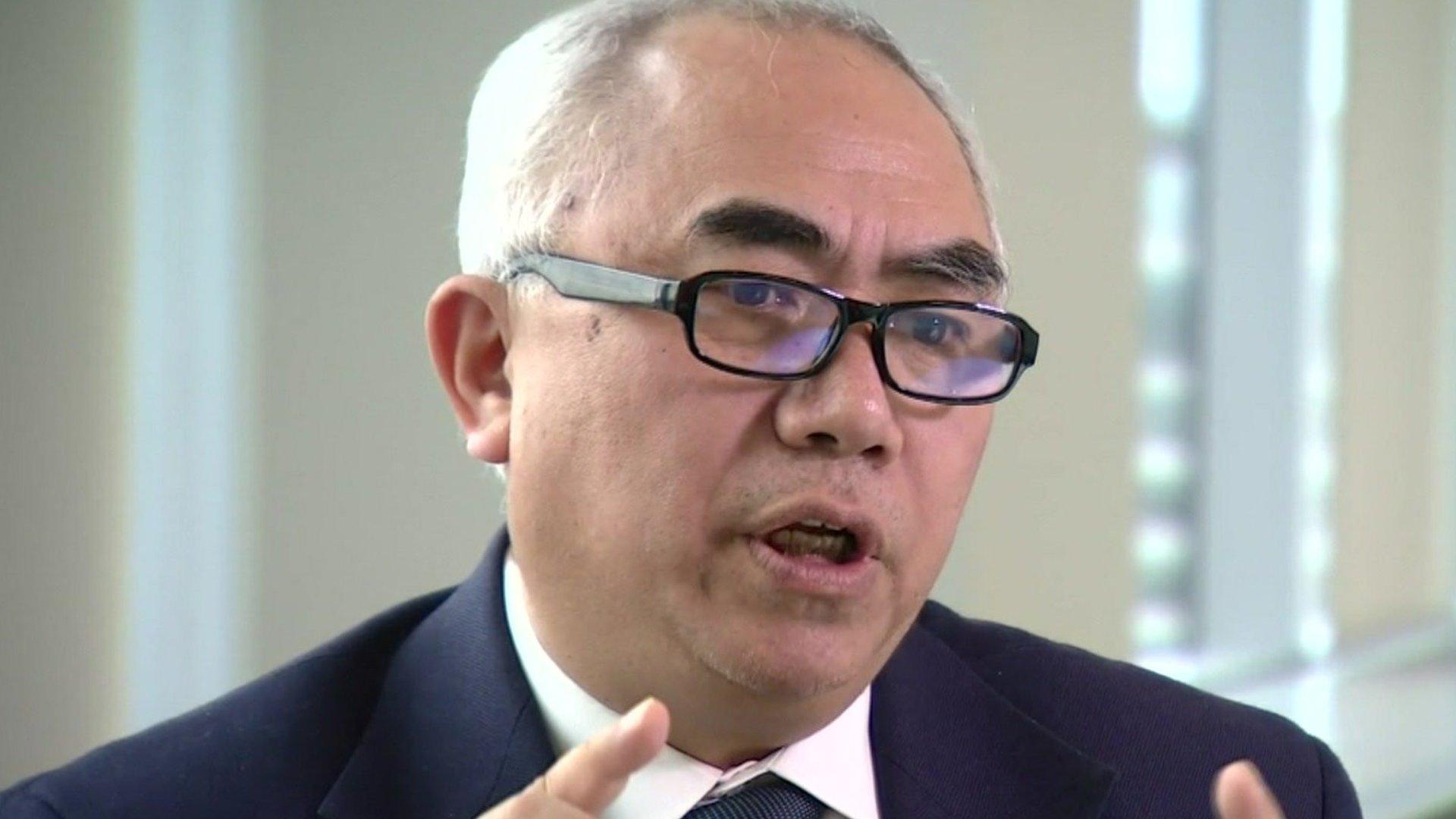Hong Kong bookseller who defied China raises $100,000 in a day for new shop
- Published
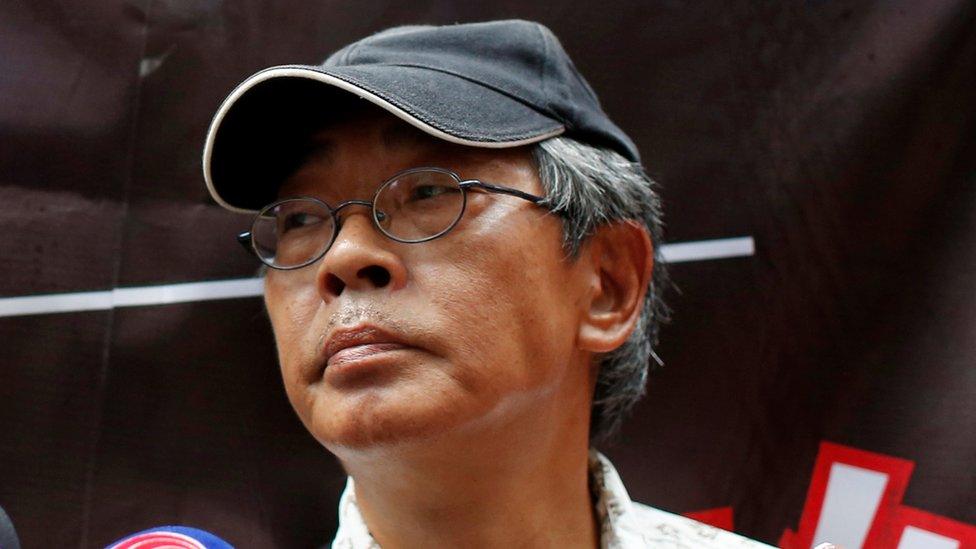
After publicly defying China, Lam Wing Kee moved to Taiwan over fears he could be extradited
A Hong Kong bookseller who defied mainland China has raised more than $100,000 (£91,000) in just a day to open a new bookshop in Taiwan.
Lam Wing Kee was one of five booksellers detained in 2015 after selling material critical of the political elite on China's mainland.
He broke the terms of his 2016 release by going public about his imprisonment.
Months ago he fled to Taiwan as Hong Kong considered a law that would have allowed extradition to mainland China.
Mr Lam's crowdfunding campaign to "reopen" the Causeway Bay bookstore - the name of his former shop in Hong Kong - raised more than 3m Taiwanese dollars on its first day.
More than 1,800 people contributed to his cause, easily exceeding his funding goal.
Writing on Facebook about the success, Mr Lam said that, at 63 years old, he had not been familiar with crowdfunding.
"Many thanks for everyone's support... thank you for giving me more confidence to accomplish this," he wrote.
Mr Lam hopes to choose a new location for the reincarnation of Causeway Bay books in the coming months, and to open it next year, he said.
What happened to the booksellers?
Causeway Bay books in Hong Kong sold gossipy books including some that criticised the Chinese mainland leadership.
Under the "one country, two systems" rule, Hong Kong is supposed to have freedom of the press and its own judicial system.
Five staff from Causeway Bay went missing without warning between October and December 2015:
Mr Lam and two others, Lui Bo and Cheung Jiping, disappeared while visiting neighbouring provinces in mainland China
Bookshop co-owner Gui Minhai, a Swedish citizen, vanished in Thailand, prompting accusations China had seized him outside of international laws
Briton Lee Bo went missing in December. He was widely believed to have been abducted from Hong Kong and taken to mainland China, although Mr Lee denied being kidnapped during an interview on Chinese state television
Mr Gui remains in detention in China while the other four were freed in 2016.
The full extent of the story only became clear when Mr Lam called a press conference and gave expansive details on his extraordinary detention.
Why did Mr Lam leave Hong Kong?
In June 2016, newly returned to Hong Kong, he told a gaggle of journalists he had been released on condition he retrieve a hard disk filled with the names of people, mainly mainland Chinese, who had bought books from his publishing house.
But he said he had no intention of handing over the data and he detailed his imprisonment - in solitary confinement under 24-hour surveillance, during which he contemplated suicide.
A confession broadcast on Chinese television was, he said, staged and acted out to a script.
Lam Wing Kee: "You can stand up against tyranny"
China said Mr Lam had broken the terms of his release.
When Hong Kong's political leader, Carrie Lam, proposed a new law that would allow extradition to mainland China, Mr Lam feared he would be "top of the list".
He left Hong Kong for Taiwan - an effectively independent nation that China considers a breakaway province awaiting reunification.
Speaking to Vice news this week, external, Mr Lam said he would not return home, despite the controversial extradition bill being officially dropped after weeks of widespread protest in Hong Kong.
"I am wanted by the Chinese government," he told Vice. "It's obvious that if I stayed in Hong Kong, I'd be dead for sure."
- Published19 June 2016
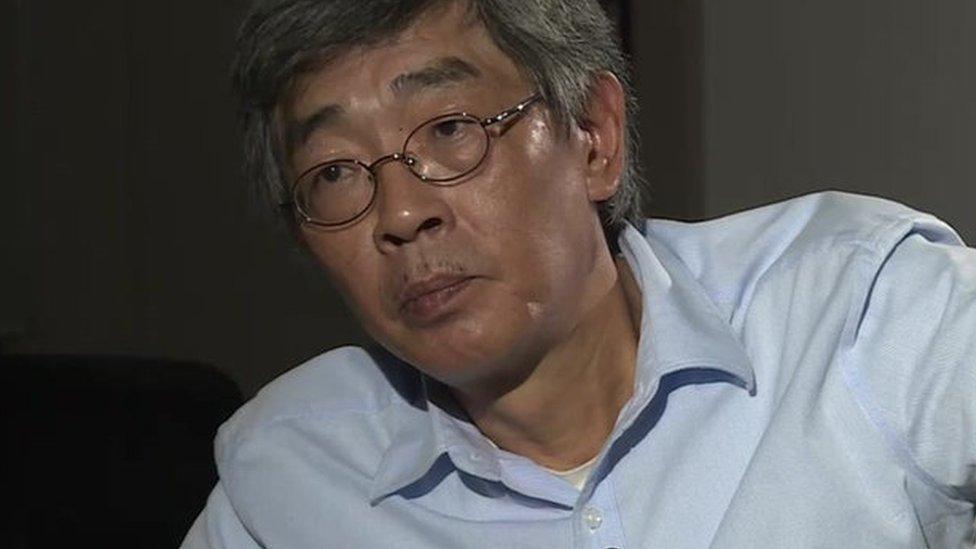
- Published19 June 2016
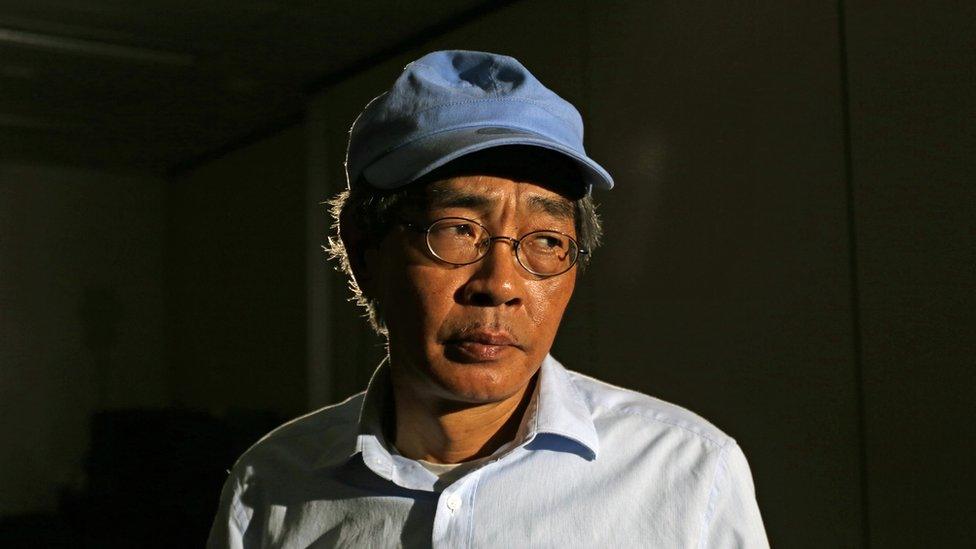
- Published17 June 2016
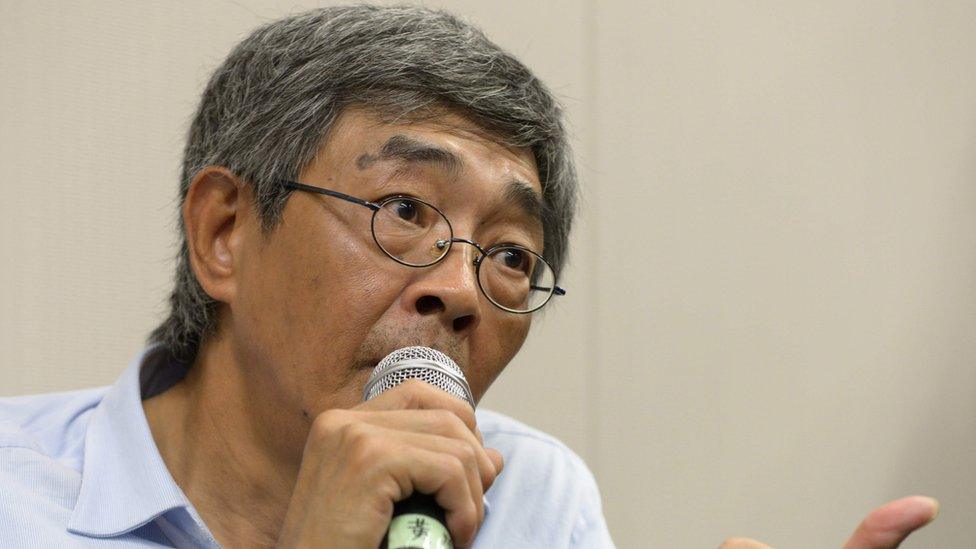
- Published16 June 2016
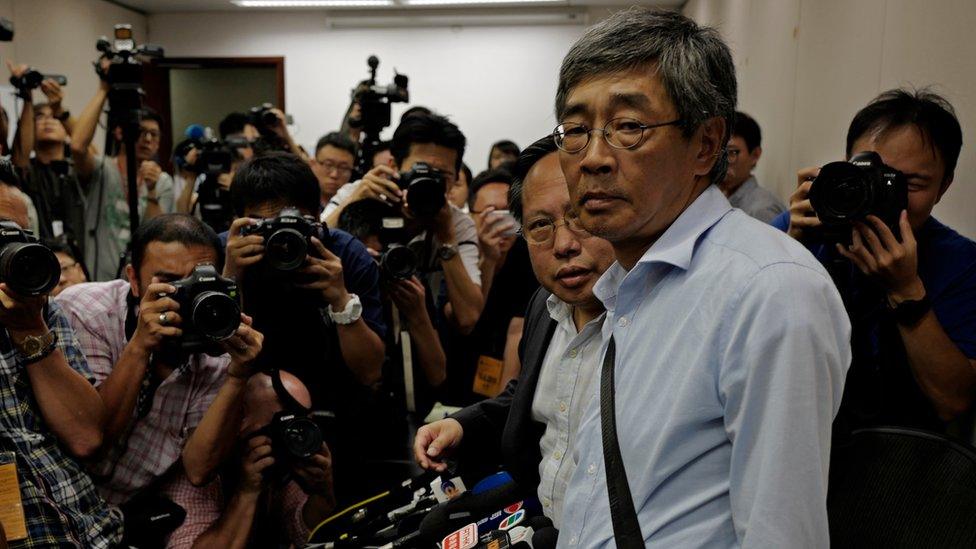
- Published4 February 2016
